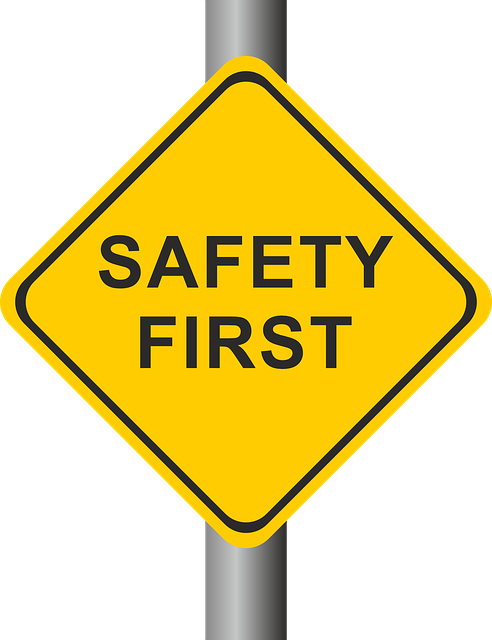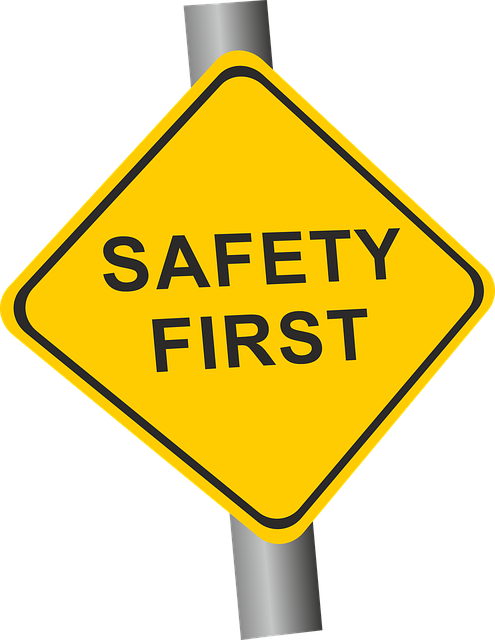Unqualified drivers pose significant risks in the transportation industry, where safety is paramount. Background checks are essential tools to ensure compliance with safety standards, identifying potential threats, maintaining regulatory integrity, and promoting responsible driving practices. Best practices include comprehensive policies covering drug use, mental health, and criminal records, aligned with tech advancements and legal changes, fostering transparency, accountability, and continuous risk management for enhanced safety and operational legality.
In the dynamic landscape of the transportation industry, ensuring safety is paramount. Background checks play a pivotal role in identifying and preventing unqualified drivers from operating vehicles, thereby enhancing road safety and transportation industry compliance. This article delves into the challenges posed by unqualified drivers, explores the significance of thorough background screenings, and highlights best practices to fortify safety measures across the sector.
- Unqualified Drivers: A Transportation Industry Concern
- Background Checks: Ensuring Safety and Compliance
- Best Practices: Strengthening Transportation Safety Measures
Unqualified Drivers: A Transportation Industry Concern

Unqualified drivers pose a significant concern within the transportation industry, where safety is paramount. Many factors can contribute to individuals becoming unfit to operate vehicles, including poor driving records, substance abuse issues, or a lack of proper training. These drivers not only endanger themselves but also passengers, other motorists, and public safety. Transportation background checks are a crucial tool in ensuring compliance with safety standards and preventing such risks.
By conducting thorough screenings, companies can identify individuals who may pose a threat due to their past behaviors or medical conditions. This process helps maintain the integrity of the transportation industry by upholding regulations and promoting responsible driving practices. Effective background checks contribute to a culture of safety, fostering trust among passengers, employers, and the general public.
Background Checks: Ensuring Safety and Compliance

Background checks play a pivotal role in ensuring safety and compliance within the transportation industry. These thorough screenings are designed to identify individuals who may pose risks, whether through poor driving records, criminal history, or lack of necessary qualifications. By implementing rigorous background check procedures, transportation companies can mitigate potential hazards on the road and maintain high standards across their operations.
Compliance with regulations is paramount for any organization in this sector. Background checks assist in verifying that drivers meet all legal and safety requirements set forth by governing bodies. This process helps prevent unqualified or unsafe individuals from operating vehicles, thereby safeguarding both passengers and other motorists. Effective background screening programs are not just a legal necessity but also a crucial step toward fostering public trust and ensuring the transportation industry’s long-term sustainability.
Best Practices: Strengthening Transportation Safety Measures

To strengthen transportation safety measures, best practices involve implementing comprehensive background check policies and procedures. These checks should encompass not just driving history but also potential drug and alcohol use, mental health records, and any relevant criminal activity. By adopting multi-faceted screening methods, transport companies can ensure that only qualified and safe candidates are hired. Regular updates to these protocols, aligning with technological advancements and regulatory changes, are crucial for maintaining high safety standards within the dynamic transportation industry.
Compliance with legal requirements is paramount. Staying abreast of federal and state laws pertaining to background checks ensures that companies operate within legal boundaries. Additionally, fostering a culture of transparency and accountability among employees can reinforce adherence to safety protocols. Continuous training programs focused on risk management and incident prevention further enhance the overall safety posture of the transportation industry, ultimately mitigating potential hazards and protecting all stakeholders.














